CHECK OUT OUR MEDIA MENTION IN NUTRITION INSIGHT
24-January-2024
Arrabina prebiotic dietary fiber manufacturer Comet has selected four macro trends for the year — “offering an ozempic alternative,” “making believers out of Gen Zers,” “formulating for women across ages and life stages,” and “appealing to consumers driven by perceived value” — highlighting robust opportunities for microbiome-enhancing foods, “biotics,” beverages and supplements.
“This year’s microbiome predictions have more to do with physical and social trends than they do with gut health and this is a true sign of the times. We’ve looked at all aspects of the target biotic consumer, including what health motivators are driving them right now, generational and gender differences and what they see as perceived value,” says Hannah Ackermann, registered dietitian and director at Comet.
Meanwhile, Comet Bio opened a new production facility in Denmark to produce arabinoxylan dietary fiber. The facility uses its patented upcycling process and is set to supply more than four million kg of arabinoxylan for food, beverage and supplement customers annually.
Weight loss and biotics boffs
The first macro trend centered on “offering an ozempic alternative” demonstrates consumers’ obsession with dramatic weight loss effects of the ingredient and other similar supplements. The prebiotic fibers also aid in improved insulin responses and appetite regulation.
According to Comet’s research, significant research investments have been made to find alternatives beyond diet and exercise, which has led to the development of incretin-based therapies, including GLP-1 drugs Ozempic, Wegovy and Mounjaro. The drugs mimic a glucagon-like peptide that regulates appetite in the brain, leaving people feeling sated for hours.
About 1.7% of US citizens were prescribed a semaglutide drug in 2023 and studies have shown that GLP-1 drugs lead to weight loss of about 5–7 kg. Prebiotic fibers can improve insulin responses and satiety or a feeling of fullness after a meal.
In addition, the latest analysis by the Physicians Committee for Responsible Medicine (PCRM) demonstrates that replacing animal products with plant-based foods leads to weight loss, reduced cholesterol, reduced fat intake and increased fiber intake in overweight adults.
This trend is closely followed by “making believers out of Gen Zers,” which emphasizes that brands should understand this demographic, which will be the most significant consumer base in the US by 2026. The group strives for a holistic style of wellness and a transparent approach through social platforms and trustworthy role models.
TikTok is critical in providing access to trending health and wellness knowledge. Over half of Gen Z women prefer using TikTok as a search engine over Google because of the video format, relatability and personalization of results.
Generation Z consumers have the highest purchase rate of immunity-boosting and gut-health food and beverages. About 72% say healthy eating is essential to physical and mental health.
“This will be an interesting year ahead, as we’re seeing new ways to help brands grow market share with target-right products that resonate with both old and new biotics consumers,” says Loula Merkel, chief business officer at Comet.
Women and synergistic benefits
The “formulating for women across ages and life stages” trend taps into lifestyle priorities such as menstrual health, conception, pregnancy and menopause. It focuses on the role of the microbiome in meeting specific female well-being through biotic-enhanced foods, beverages and supplements.
About 42% of US adults have used fertility treatments or personally know someone who has. Given that fertility treatments such as in vitro fertilization are expensive, nutritional supplements that support a woman’s health and treatment success are compelling alternatives. Trends show that new moms are looking for increased support during preconception and pregnancy and to optimize outcomes for mother and child postpartum.
In addition, Gen X adults between 44 and 58 are redefining proactive healthy aging strategies to ensure their future well-being. This group is looking for natural solutions to manage their hormones during menopause. About 92% say more education is needed about menopause and 50% claim dietary supplements with specific health benefits are the best way to support hormonal imbalances.
Last year, women’s health, novel nutraceuticals and consumer-focused approaches took center stage at this year’s SupplySide West trade show in Las Vegas, Nevada, US. Companies emphasized the need to meet women’s lifelong health needs, stressed the demand for science-backed ingredients and looked to address the rising consumer awareness of brands and ingredients.
Cost-effective products that deliver multiple synergistic benefits are the final macrotrend’s focus, “appealing to consumers driven by perceived value.” Prebiotic fiber, for example, can improve the health benefits of food products.
Two-thirds of consumers are stressed about inflation, a sentiment that has been consistent since mid-2022. However, e-commerce sales for supplements experienced a remarkable surge of 87.3% in 2020 during the peak of the COVID-19 pandemic. Once the pace slowed, sales were still at about 30% in 2021. Consumer behavior took a substantial turn in 2022 as the growth dropped to 5.7%.
Furthermore, increasing inflation within the economies of the Middle East and North Africa is causing slower economic growth and commensurate food insecurity, according to a report by the World Bank. The report forecasts MENA’s GDP will slow to 3.0% in 2023, down from 5.8% in 2022.
By Inga de Jong






